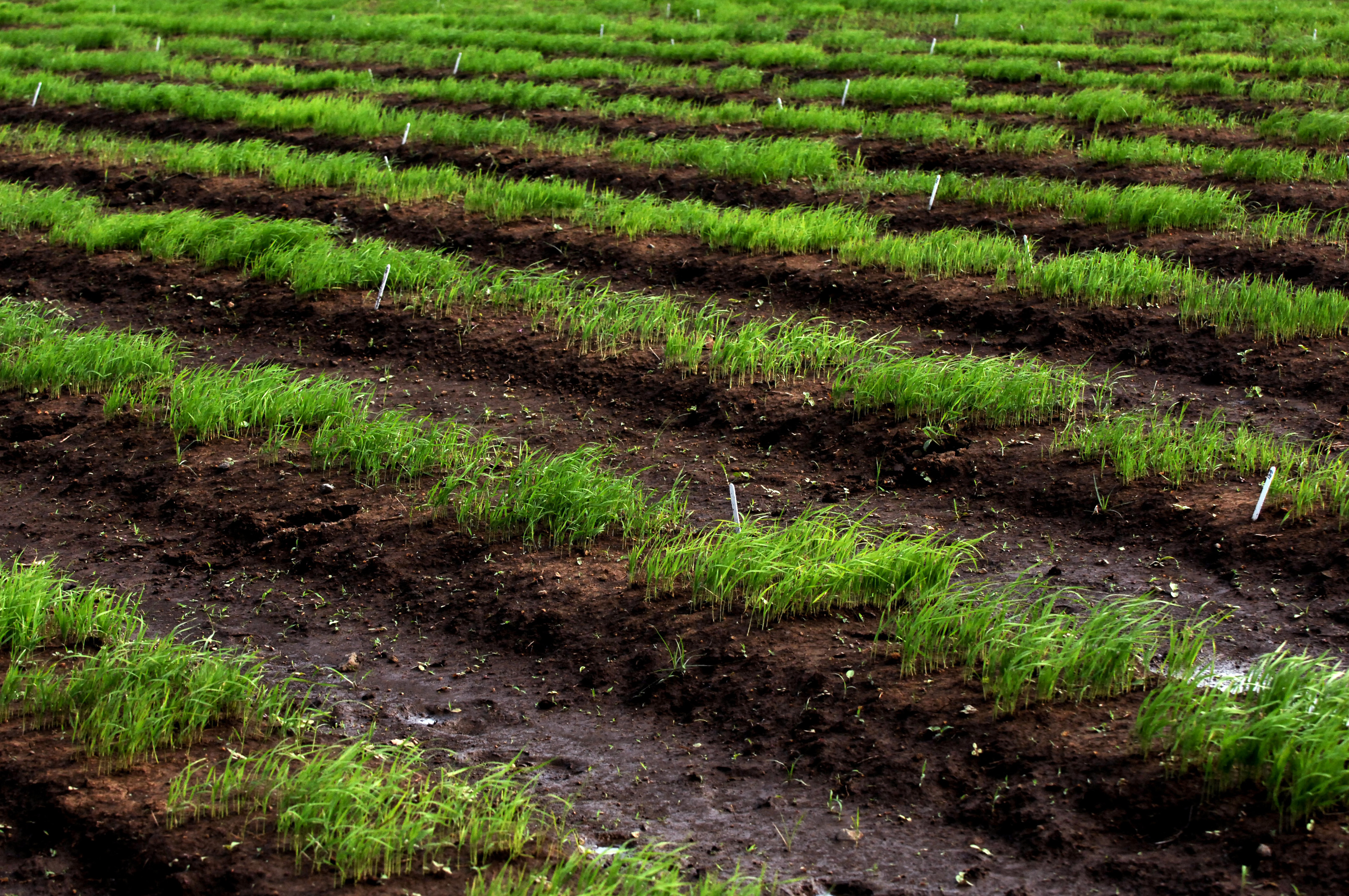Global rice program to explore boosting Asia’s rice-based agriculture through crop diversification

BANGKOK, Thailand—The CGIAR Research Program (CRP) on rice agri-food systems (RICE) is developing a framework for partnerships that will work to intensify and diversify Asia’s rice-based farming systems.
Under its Sustainable Farming Systems project, RICE will develop and deliver options that will improve farm livelihoods and rural diets while minimizing the environmental footprint of rice-based farming systems in potential target regions across Asia. To achieve this, the program held a workshop on 28-29 March in Bangkok to develop a framework for partnerships with other agri-food system CRPs, CGIAR Centers, and national and international institutes to improve farm livelihoods and rural diets, while minimizing their environmental footprint, through novel rice-based farming systems . Potential target regions are eastern India, Myanmar, southern Bangladesh, Laos, Cambodia, Vietnam, and Indonesia.
The workshop was attended by scientists and experts representing Food and Agriculture Organization of the United Nations, International Center for Agricultural Research in the Dry Areas, International Crops Research Institute for the Semi-Arid Tropics, World Vegetable Center, and the International Rice Research Institute (IRRI). Participants from national agricultural research and extension systems of Bangladesh, India, Myanmar, and Thailand also joined the event.
Among the outputs of this activity include identifying the main challenges and opportunities in crop diversification, developing conceptual model systems for specific environments and countries, developing research methodologies and work plans for possible funding, and exploring options to create a consortium on rice-fallow systems in Asia.
Dr. Bas Bouman, RICE Director, and Dr. David Johnson, Head of the Crop and Environmental Sciences Division (IRRI) led the workshop.